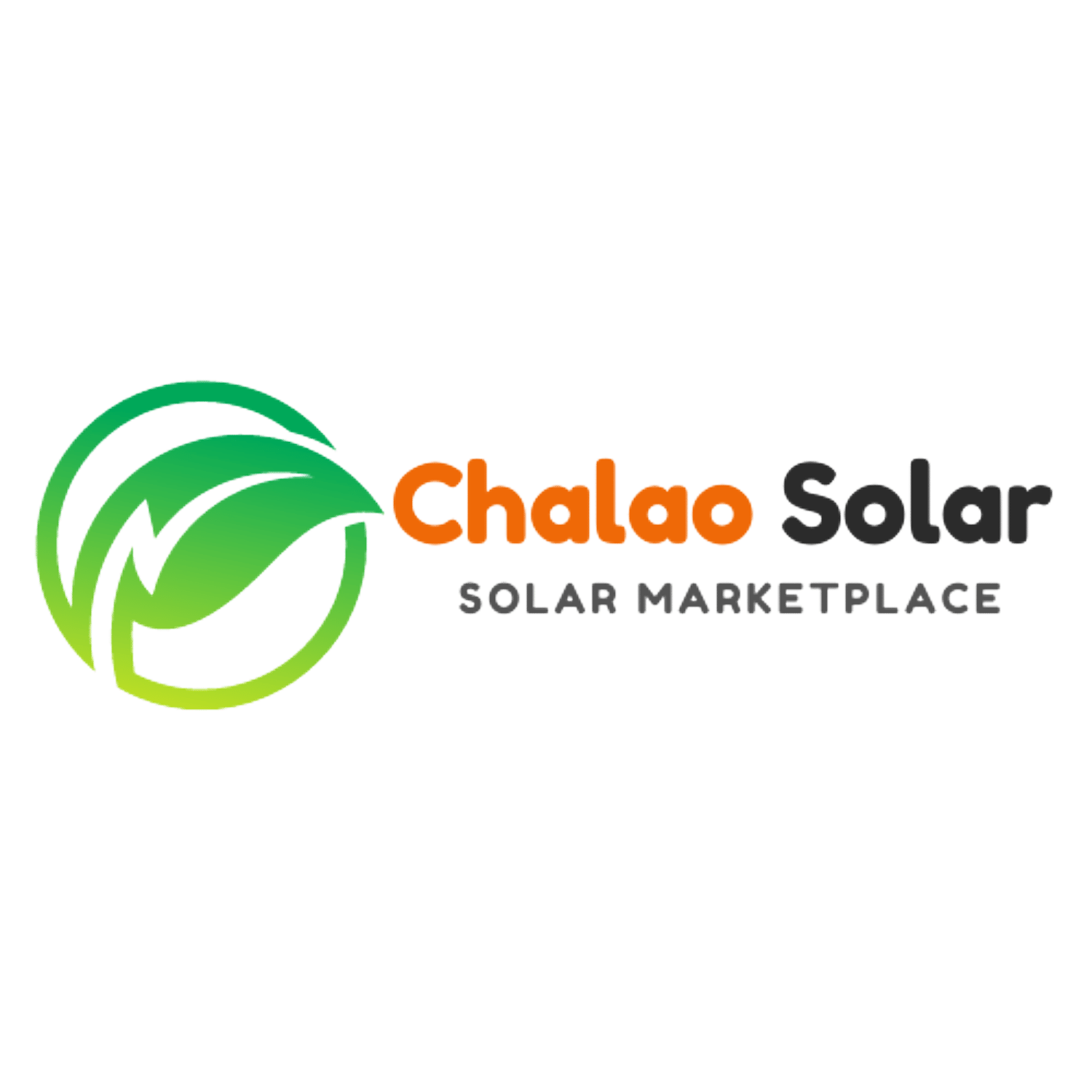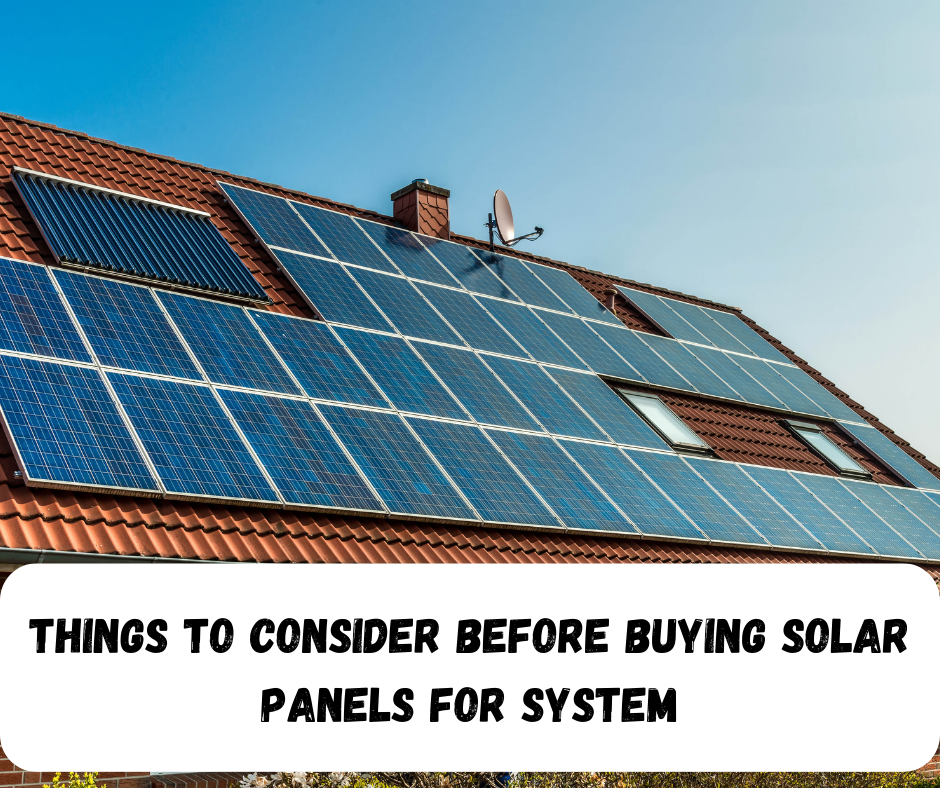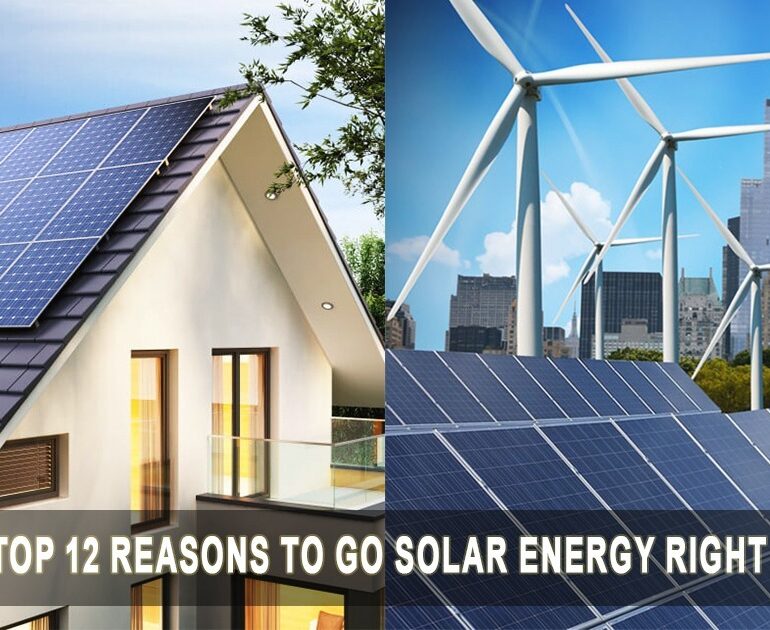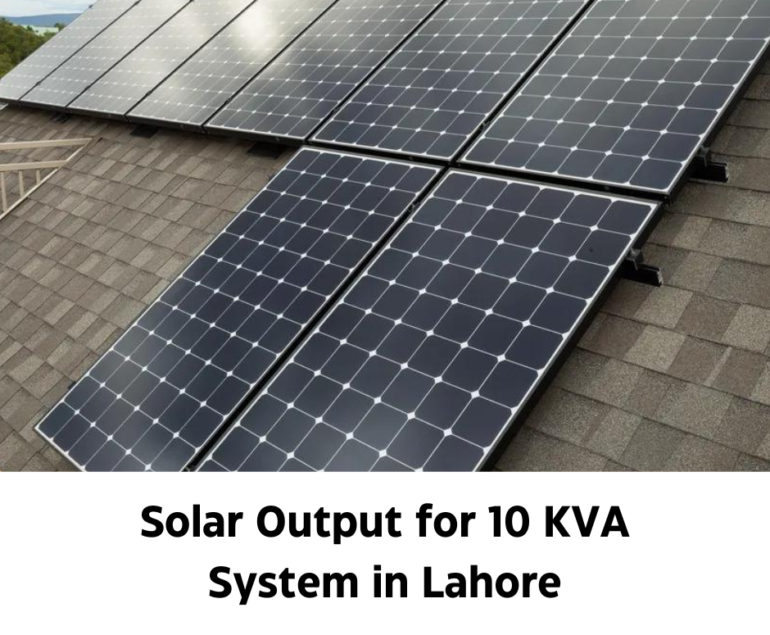Introduction
Buying Solar panels offer a sustainable and cost-effective way to generate electricity for residential use. With the growing concern for the environment and the increasing cost of traditional energy sources, many homeowners are turning to solar power as an alternative.
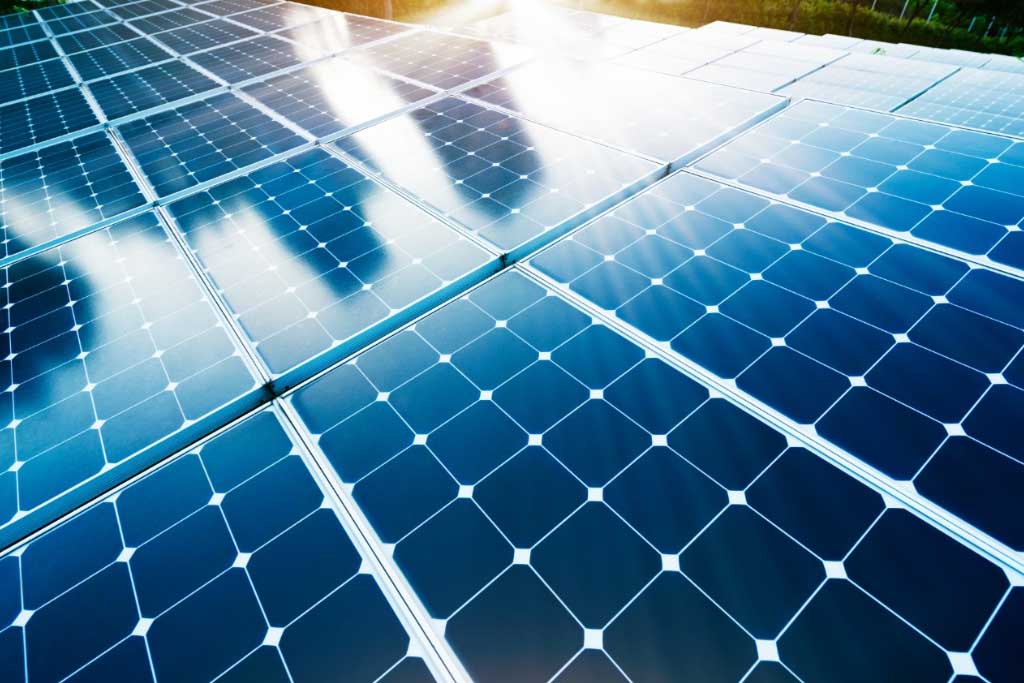
However, before diving into the world of solar energy, it’s important to consider a few key factors to ensure that you make an informed decision.
In this article, we will explore the things to consider before buying solar panels for your system.
The Benefits of Solar Energy
Before we delve into the considerations, let’s take a moment to appreciate the benefits that solar energy brings. Solar power is a clean and renewable energy source, which means it doesn’t emit harmful greenhouse gases into the atmosphere.
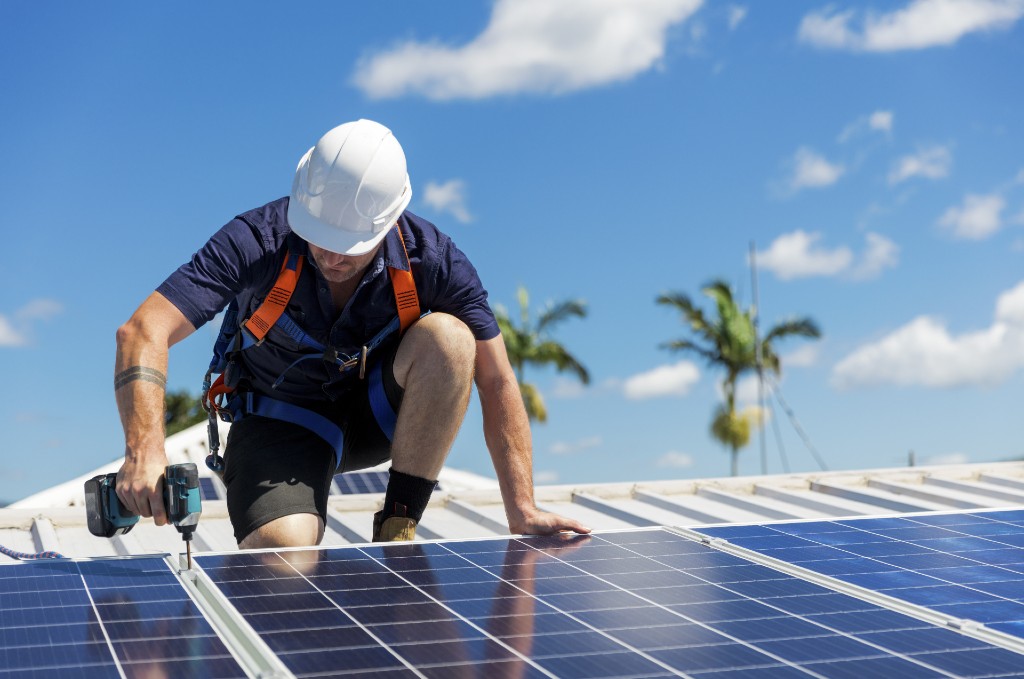
By harnessing the power of the sun, you can reduce your carbon footprint and contribute to a greener future. Moreover, solar panels can significantly lower your electricity bills, providing long-term savings and potentially increasing the value of your property.
Things To Consider Before Buying Solar Panels For System
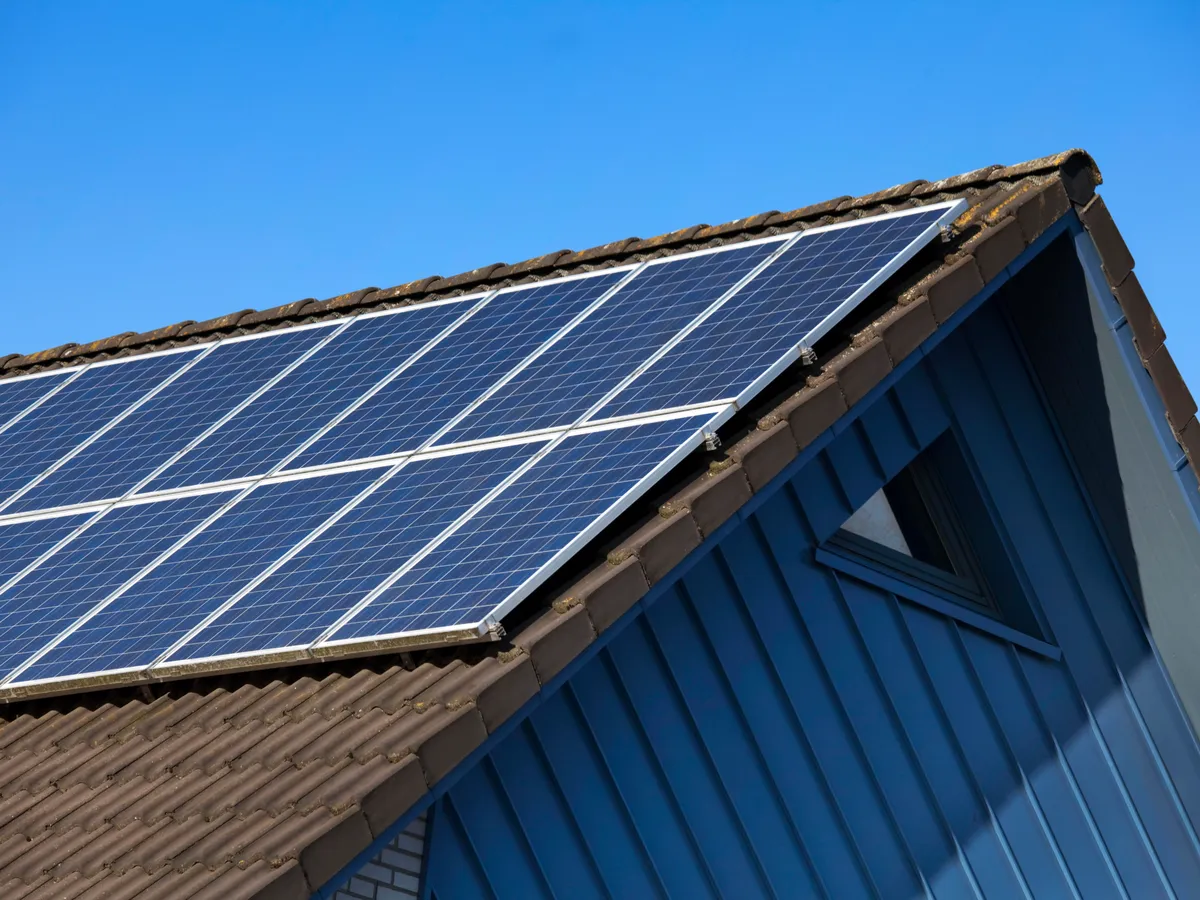
1. Available Sunlight
The amount of sunlight your location receives is a crucial factor to consider before investing in solar panels. Solar panels generate electricity by converting sunlight into energy. Therefore, it’s essential to evaluate the solar potential of your area.
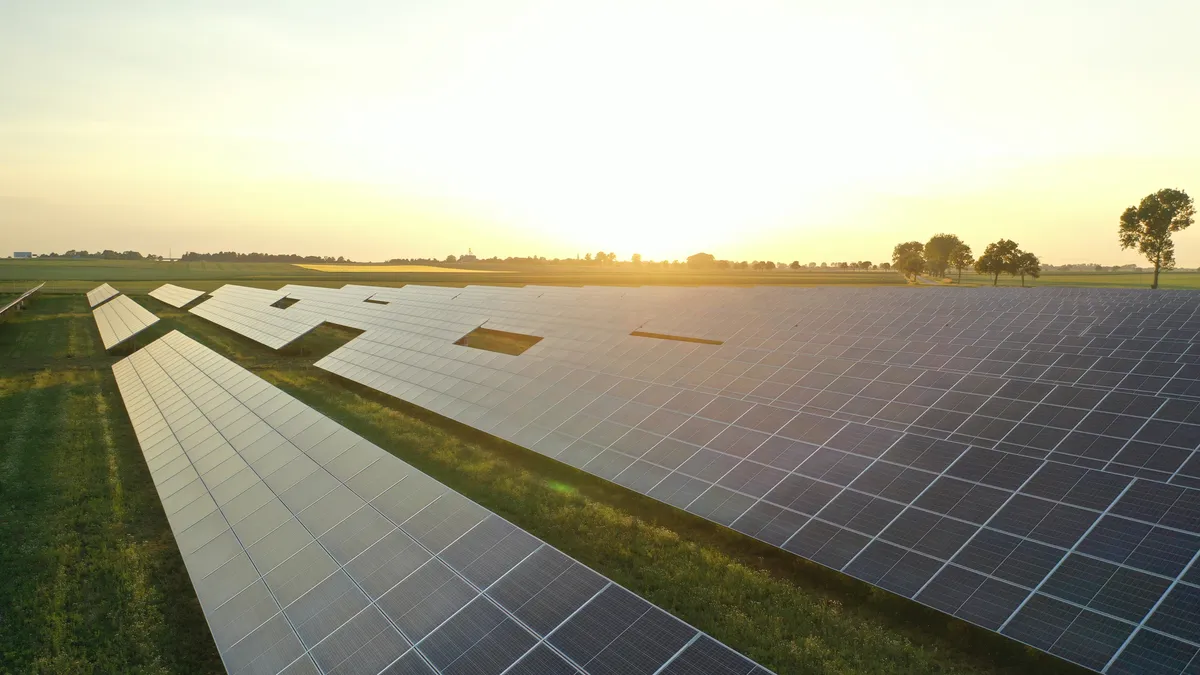
If you live in a region with abundant sunlight throughout the year, solar panels can be highly efficient. However, if you reside in an area with frequent cloudy days or limited sunshine, the efficiency of your solar panels may be compromised.
2. Roof Suitability
The suitability of your roof for solar panel installation is another critical consideration. Take a close look at your roof’s orientation, angle, and available space. Ideally, solar panels should be installed on a south-facing roof with minimal shading.

Additionally, assess the condition of your roof and ensure it can withstand the weight of the solar panels. If your roof is old or in need of repairs, it’s advisable to address those issues before installing solar panels.
3. Energy Consumption
Analyzing your energy consumption patterns is essential to determine the size of the solar panel system you need. Review your electricity bills from the past year to understand your average monthly energy usage.
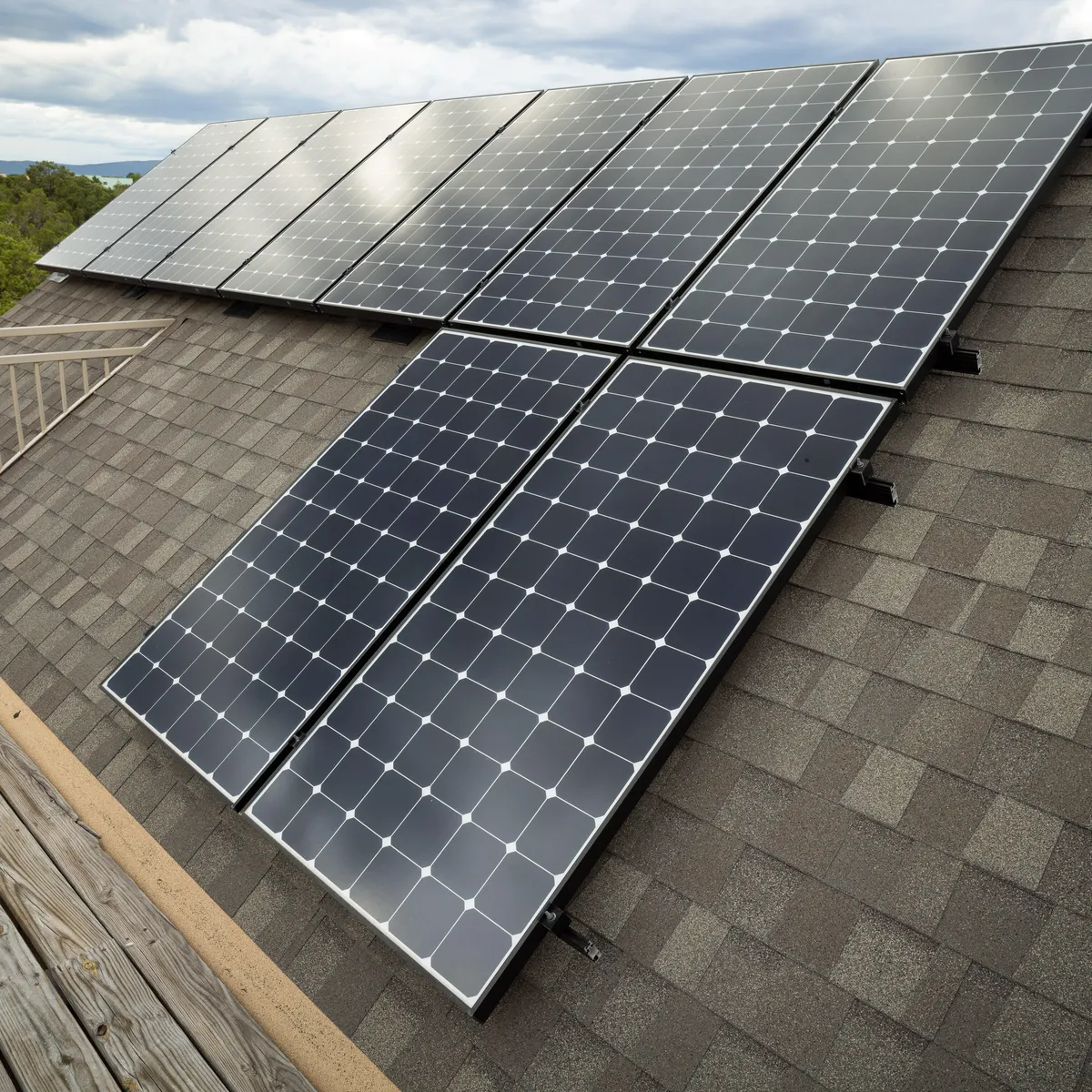
This information will help you estimate the number of solar panels required to meet your electricity needs. Additionally, consider any future changes in energy consumption, such as adding new appliances or expanding your household, to ensure your solar panel system can accommodate these adjustments.
4. Budget and Financing Options
Solar panel systems require a significant upfront investment, but they offer long-term financial benefits. Before making a purchase, assess your budget and determine how much you can allocate to solar panel installation.
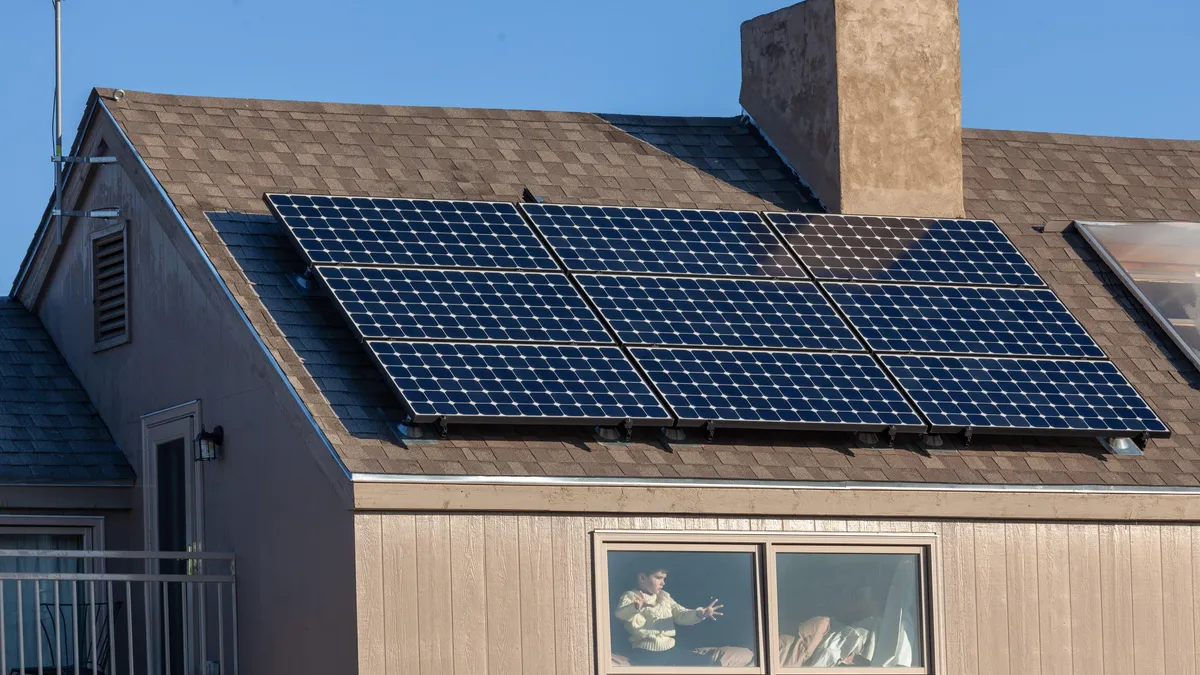
Consider exploring various financing options, such as solar loans, leasing, or power purchase agreements (PPAs). These alternatives can help make solar energy more accessible and affordable, even if you don’t have the full amount available immediately.
5. Warranty and Maintenance
When purchasing solar panels, it’s crucial to consider the warranty and maintenance aspects. Solar panels typically come with warranties that cover both the equipment and the performance. Read the warranty terms carefully and ensure they provide sufficient coverage for a reasonable period.
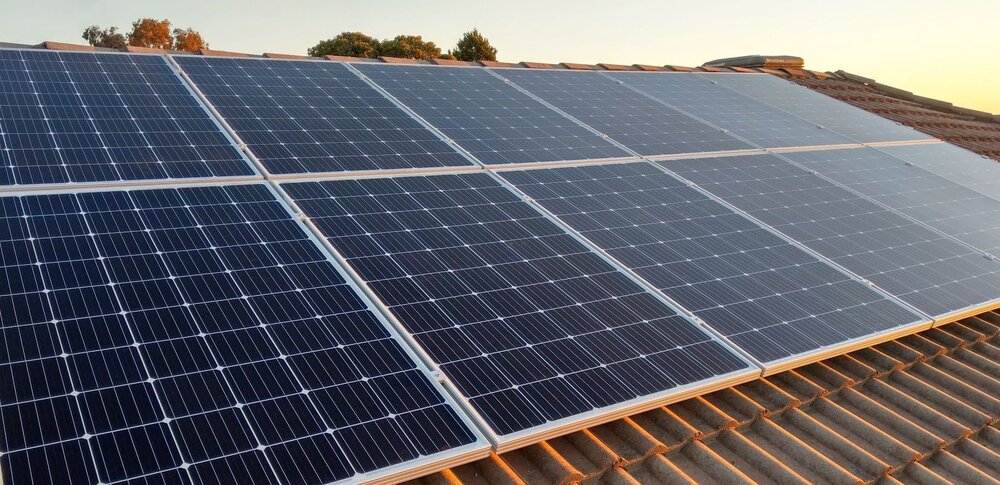
Additionally, inquire about the maintenance requirements and costs associated with the solar panel system. Regular cleaning and occasional inspections are necessary to keep the panels operating efficiently.
6. Local Regulations and Incentives
Before installing solar panels, familiarize yourself with the local regulations and incentives in your area. Some regions have specific requirements for solar panel installations, such as permits or interconnection agreements. Contact your local authorities or consult with a solar energy professional to ensure compliance with all regulations.
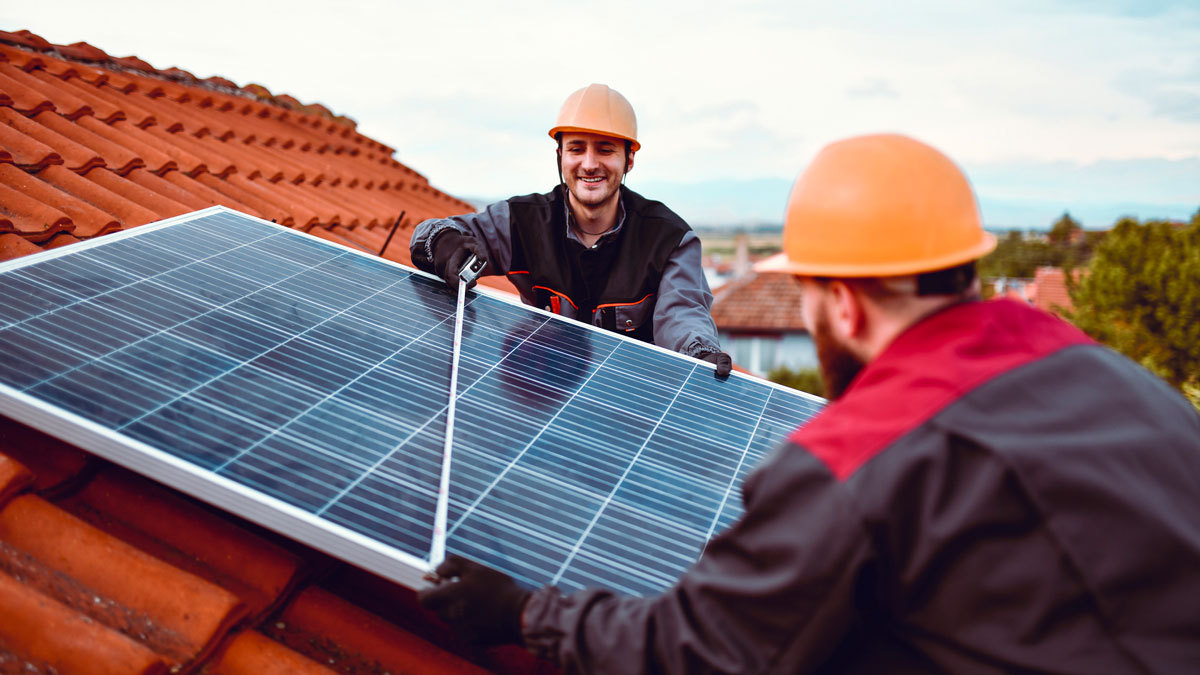
Furthermore, research available financial incentives, such as tax credits, rebates, or feed -in tariffs, that can help offset the cost of installing solar panels. Taking advantage of these incentives can significantly reduce overall expenses and improve the return on investment for your solar panel system.
7. Solar Panel Efficiency
Solar panel efficiency refers to the ability of the panels to convert sunlight into usable electricity. Higher efficiency panels generate more electricity per square meter, which can be beneficial if you have limited roof space.
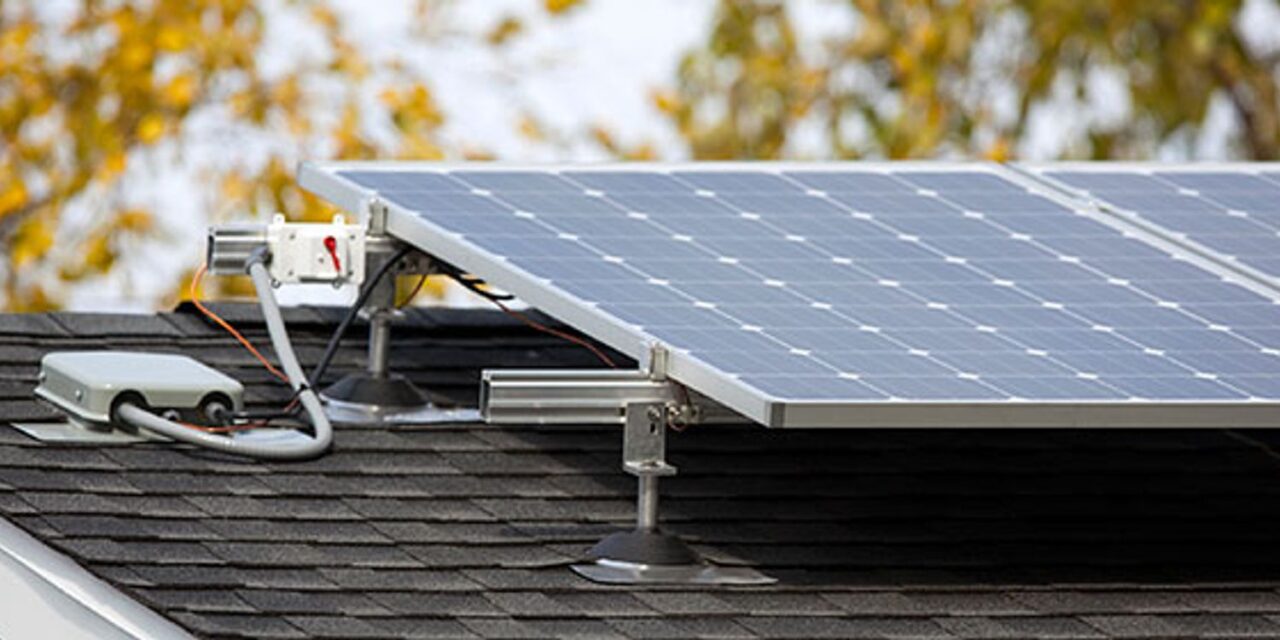
While more efficient panels may come at a higher cost, they can potentially provide greater long-term savings. Consider the balance between efficiency and cost to determine the best option for your specific needs.
8. Product Quality and Reputation
Investing in high-quality solar panels is crucial for long-term performance and durability. Research different brands and manufacturers to ensure you choose reputable and reliable products. Read customer reviews, check certifications, and look for established companies with a proven track record in the solar industry.
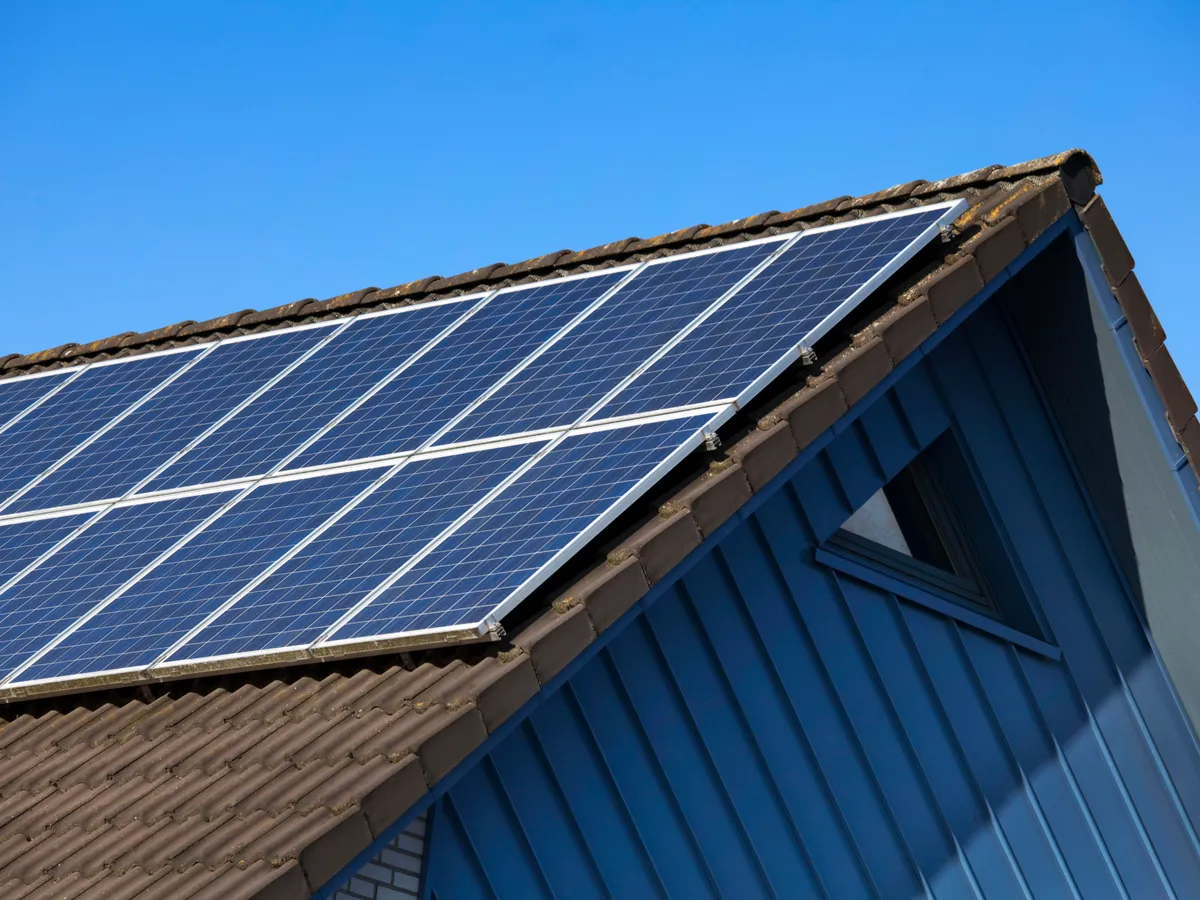
Remember, solar panels are a long-term investment, so it’s important to choose products that will stand the test of time.
9. System Monitoring and Data Analysis
Monitoring your solar panel system’s performance and analyzing the data can provide valuable insights into its efficiency and energy generation. Consider systems that come with built-in monitoring capabilities or those that allow you to integrate third-party monitoring solutions.
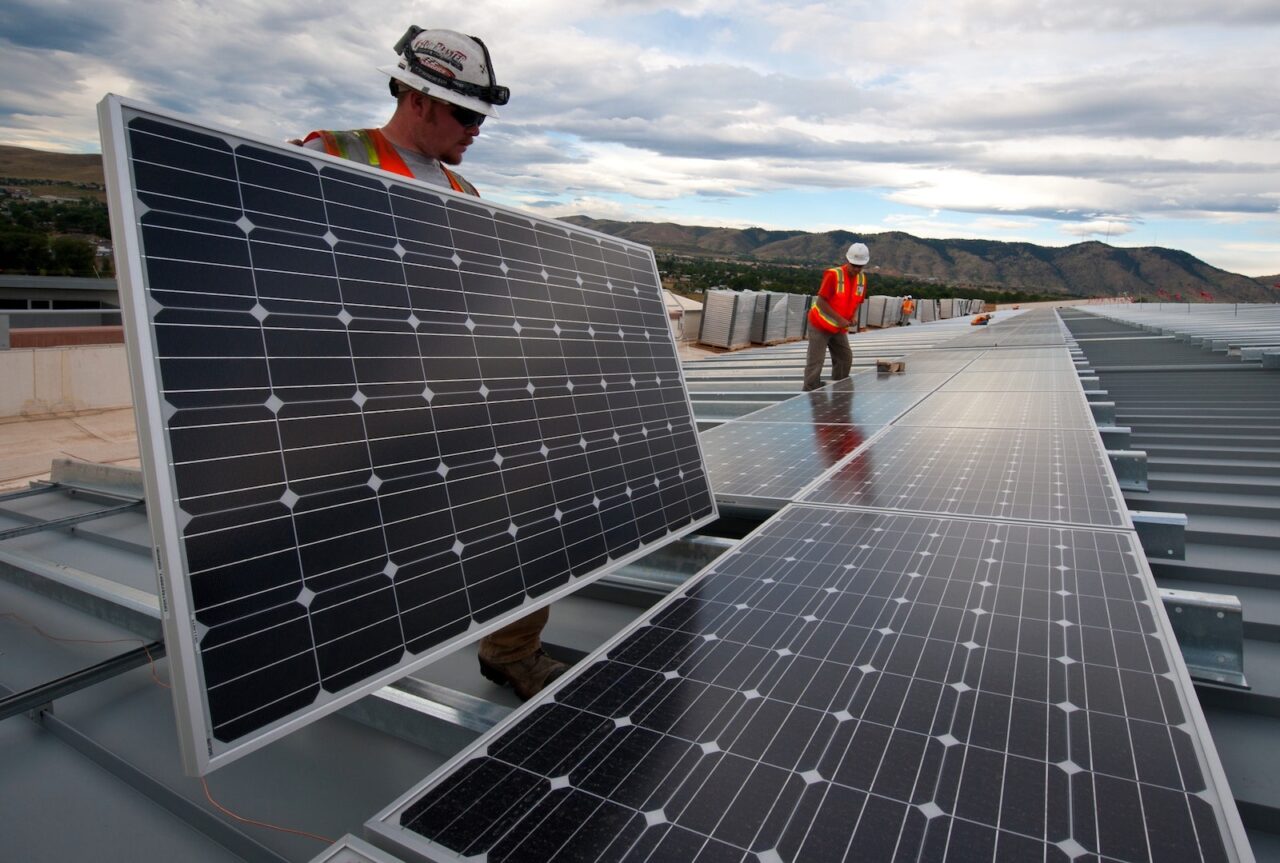
Access to real-time data can help you identify any issues promptly and optimize the performance of your solar panel system.
10. Installation and Maintenance Services
Choosing a reputable and experienced solar panel installation company is essential to ensure a smooth and successful installation process. Research different installation providers in your area, compare quotes and inquire about their experience and qualifications.
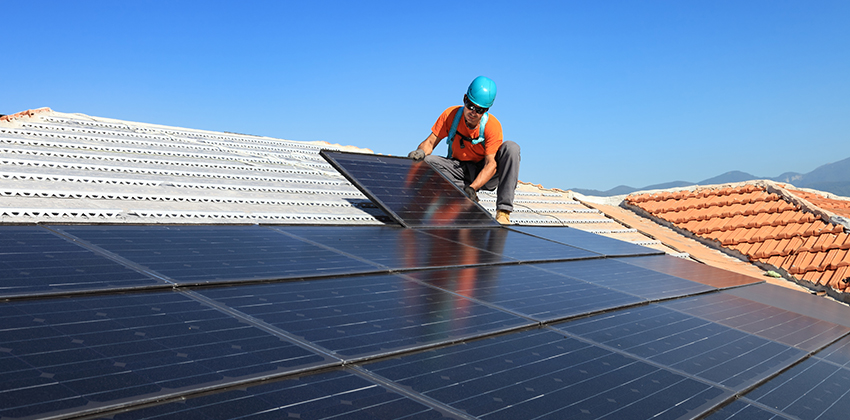
Additionally, inquire about the maintenance services they offer, as regular maintenance is crucial for the optimal performance and longevity of your solar panel system.
FAQs (Frequently Asked Questions)
1. Do solar panels work during cloudy days?
Solar panels can still generate electricity on cloudy days, although their efficiency is reduced compared to sunny days. They can still produce a significant amount of power, thanks to indirect sunlight. However, it’s important to note that the amount of electricity generated will be lower during extended periods of cloud cover.
2. How long do solar panels last?
Solar panels are designed to be durable and can last for several decades. Most manufacturers provide warranties ranging from 20 to 25 years, guaranteeing that the panels will still produce a certain percentage of their initial capacity. With proper maintenance, solar panels can continue to operate efficiently even beyond their warranty period.
3. Can I install solar panels on a flat roof?
Yes, it is possible to install solar panels on a flat roof. However, additional mounting equipment, such as tilt brackets or ballast systems, may be required to ensure optimal tilt and angle for sun exposure. Consulting with a professional solar installer is recommended to determine the most suitable mounting solution for your flat roof.
4. Are there any government incentives for installing solar panels?
Many governments around the world offer incentives to promote solar energy adoption. These incentives can include tax credits, rebates, grants, or feed-in tariffs. It’s essential to research and understand the specific incentives available in your region to maximize the financial benefits of your solar panel system.
5. How much maintenance do solar panels require?
Solar panels generally require minimal maintenance. Regular cleaning to remove dirt, dust, and debris is recommended to ensure optimal performance. Additionally, periodic inspections to check for any damage or shading issues are advisable. Most reputable solar panel installation companies offer maintenance packages or can provide guidance on proper panel care.
6. Can I install solar panels myself?
While it’s technically possible to install solar panels yourself, it is highly recommended to hire a professional installation company. Solar panel installation involves complex electrical work, structural considerations, and knowledge of local regulations. Hiring professionals ensures a safe and efficient installation process, as well as compliance with all necessary requirements.
Conclusion
Investing in solar panels for your home is a significant decision that requires careful consideration. By taking into account factors such as available sunlight, roof suitability, energy consumption, budget, warranties, and local regulations, you can make an informed choice that aligns with your needs and goals. Remember to prioritize product quality, system monitoring capabilities, and reputable installation and maintenance services. Additionally, educate yourself on FAQs related to solar panel performance, longevity, and government incentives to fully understand the benefits and potential challenges of solar energy.
Solar panels offer a renewable and environmentally friendly way to generate electricity while reducing your reliance on traditional energy sources. By harnessing the power of the sun, you can contribute to a greener future and potentially save on your energy bills.
So, take the time to research, consult with professionals, and make an informed decision before buying solar panels for your system.

